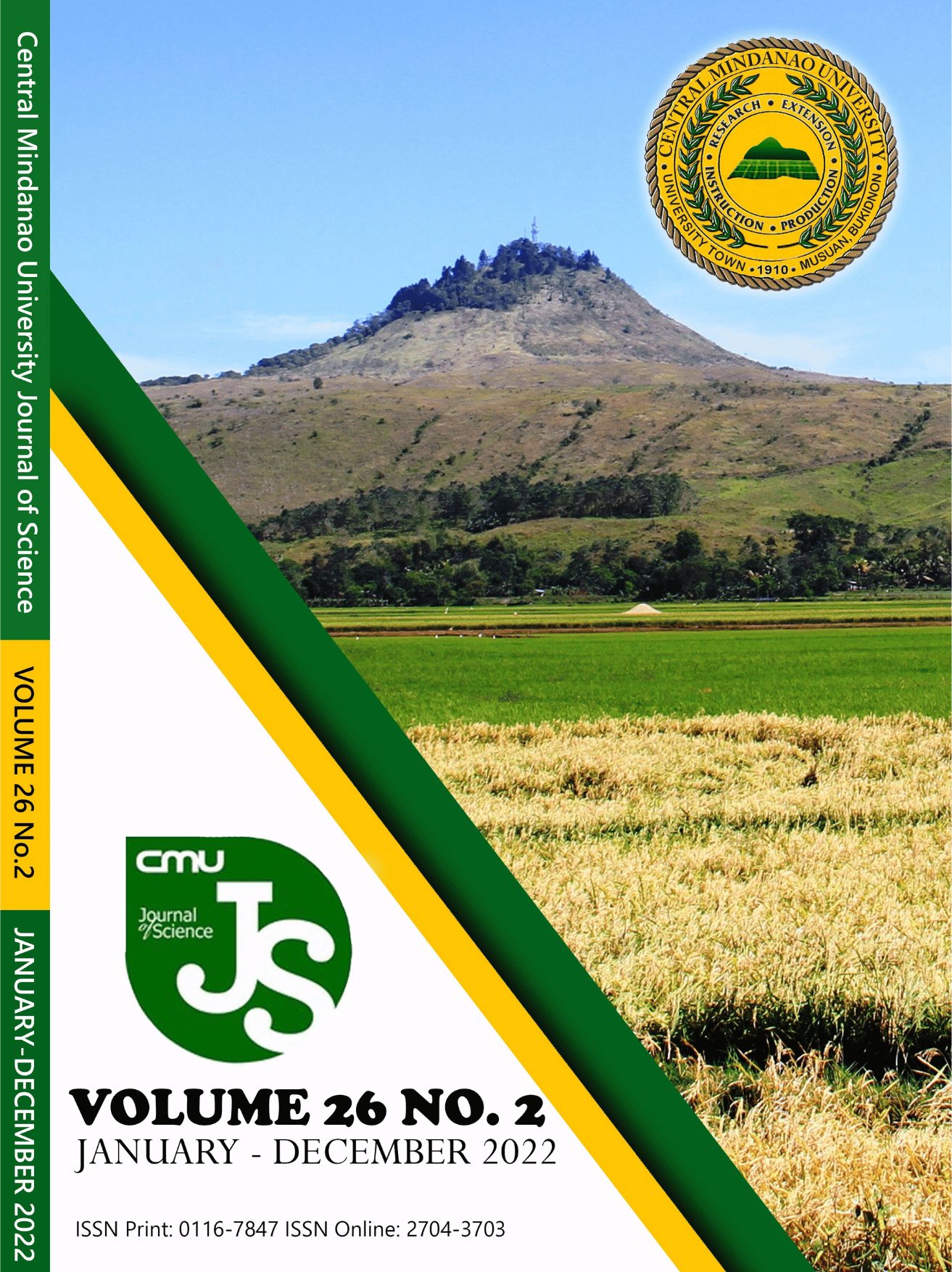Effects of Multiple Game-based Strategies in Grade 10 Science Learning
DOI:
https://doi.org/10.52751/ZZOY6467Keywords:
game-based strategies, instrument development, academic performance, ANCOVAAbstract
This study investigated the effects of multiple game-based strategies on learners’ academic performance and engagement in Grade 10 Science. It was conducted at Esperanza National High School, Schools Division of Sultan Kudarat, during the school year 2019-2020. The study used one group pretest-posttest quasi-experimental research design. This was participated by Grade 10 learners. The development of lessons, validation of instruments, and try-out was made prior to the actual conduct of the study. The data gathered using the 30- item validated researcher-made academic performance test and engagement scale in Science were analyzed and interpreted using appropriate statistical techniques. Mean, standard deviation, and one-way analysis of covariance (ANCOVA) were also used. Findings revealed that the academic performance in Biology of Grade 10 learners taught with multiple game-based strategies was fairly satisfactory; while, the learners taught with the usual way of teaching method, “did not meet the expectation.” There was a statistically significant difference in the academic performance between the learners’ taught with multiple game-based strategies and those learners’ who were taught with the usual way of teaching method. Moreover, the experimental group had high mean scores compared with that of the control group. The group of learners using multiple game-based strategies performed better.
Downloads













 LinkedIn
LinkedIn